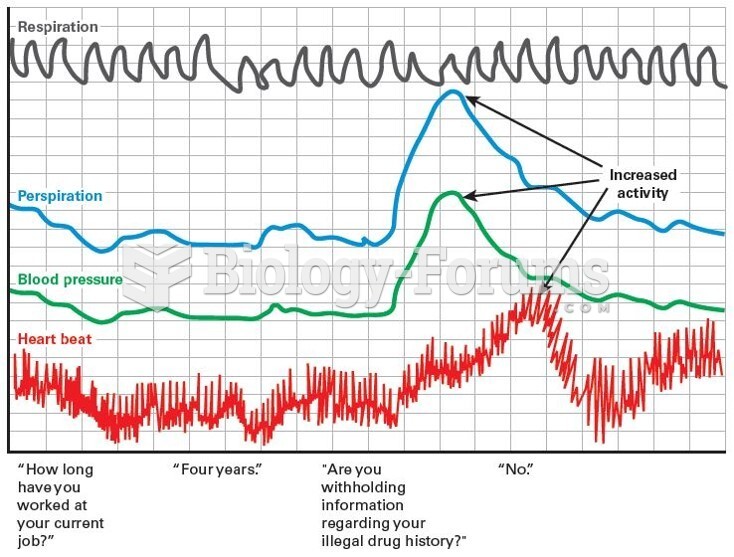|
|
|
Pink eye is a term that refers to conjunctivitis, which is inflammation of the thin, clear membrane (conjunctiva) over the white part of the eye (sclera). It may be triggered by a virus, bacteria, or foreign body in the eye. Antibiotic eye drops alleviate bacterial conjunctivitis, and antihistamine allergy pills or eye drops help control allergic conjunctivitis symptoms.
Nitroglycerin is used to alleviate various heart-related conditions, and it is also the chief component of dynamite (but mixed in a solid clay base to stabilize it).
A seasonal flu vaccine is the best way to reduce the chances you will get seasonal influenza and spread it to others.
When blood is exposed to air, it clots. Heparin allows the blood to come in direct contact with air without clotting.
The immune system needs 9.5 hours of sleep in total darkness to recharge completely.







